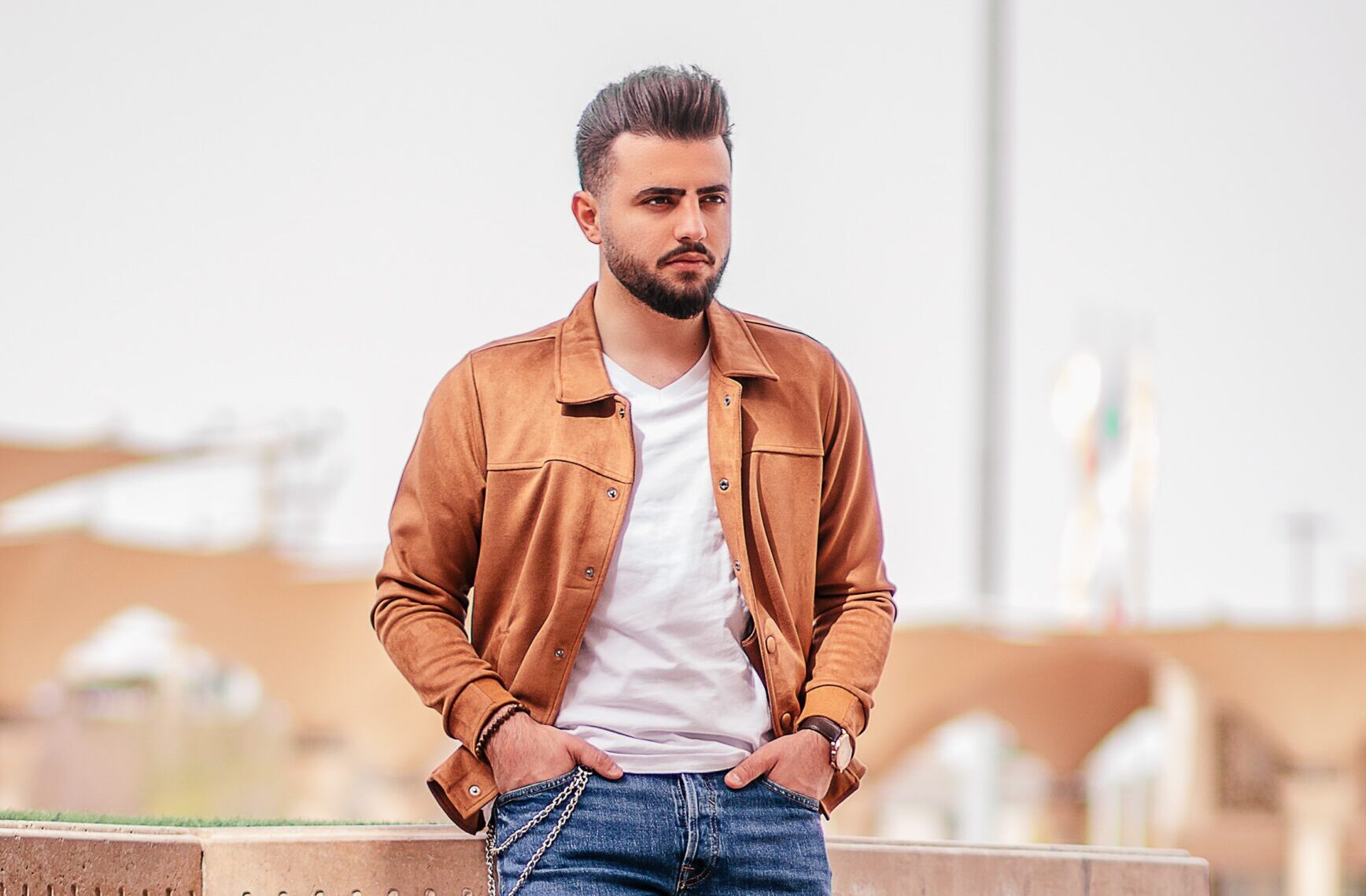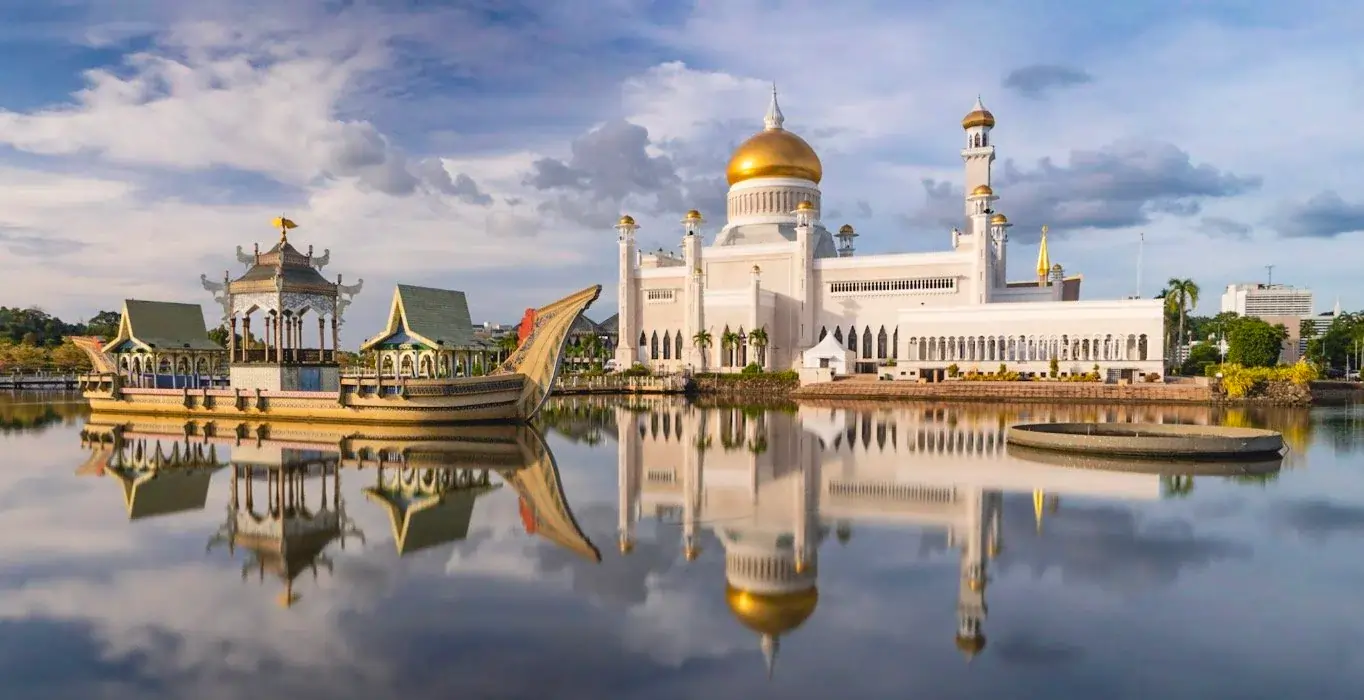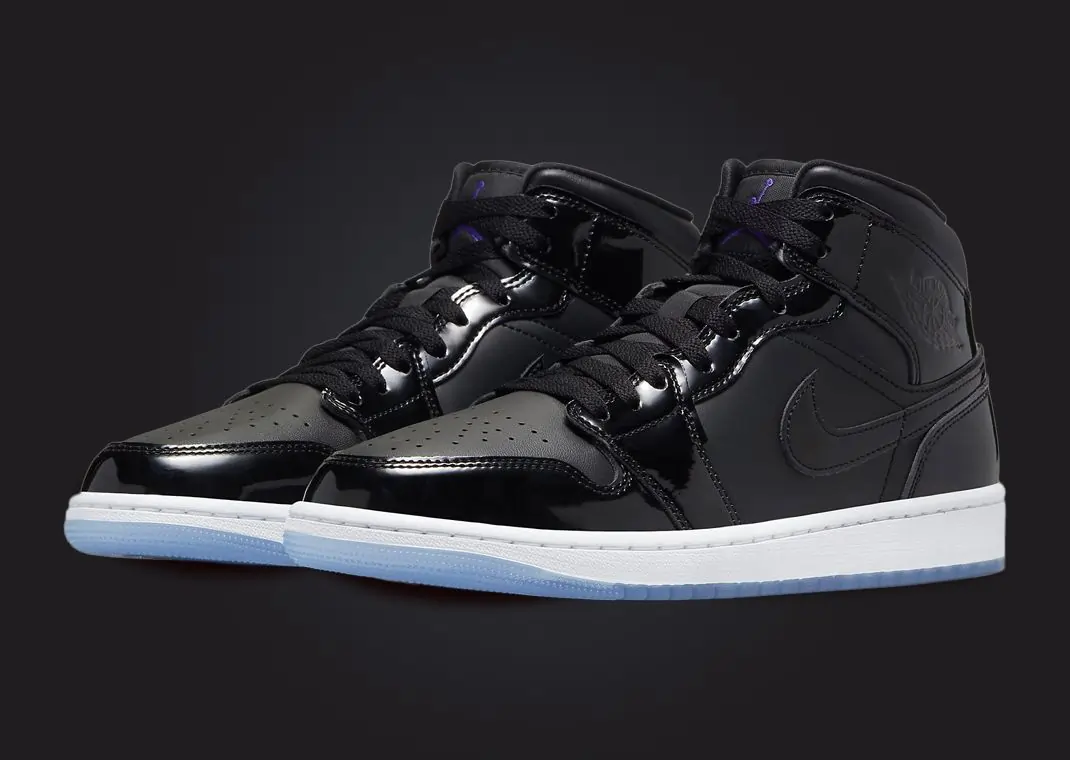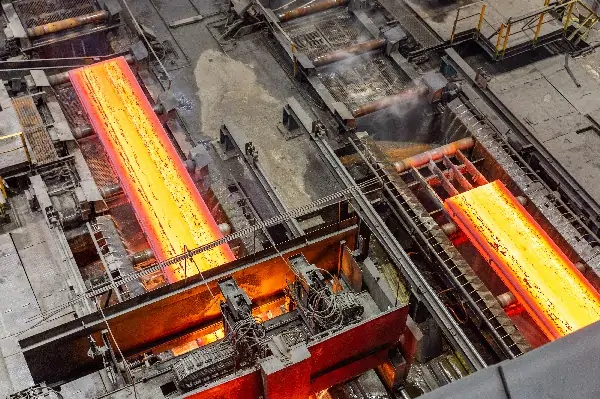The Nation of Brunei, the Abode of Peace, may be small in size, but it holds a significant place in the heart of Southeast Asia. Known for its rich culture, immense wealth, and political stability, Brunei stands as one of the few remaining absolute monarchies in the world. From its impressive Islamic heritage to its lush rainforests and vibrant economy, Brunei offers much more than meets the eye.
In this article, we will explore the history, culture, economy, and natural beauty of this remarkable nation, providing an overview that will help you understand why Brunei is often referred to as the “Abode of Peace.”
What is the Nation of Brunei, the Abode of Peace?
The Nation of Brunei, the Abode of Peace, is a small sovereign state located on the island of Borneo in Southeast Asia. Malaysia borders it on three sides and faces the South China Sea to the north. Despite its small geographical size (approximately 5,765 square kilometers), Brunei is rich in natural resources, particularly oil and gas, which have propelled its status as one of the wealthiest countries in the world.
Brunei’s official name, Negara Brunei Darussalam, translates to “The Nation of Brunei, the Abode of Peace,” which reflects the country’s deep commitment to peace, both domestically and internationally. The nation’s long-standing tradition of peace and stability, combined with its luxurious wealth and high standard of living, sets it apart from many other countries in the region.
A Brief History of Brunei
Early History and Founding
The history of Brunei dates back over a thousand years. It is believed that Brunei’s history as a nation can be traced to the 14th century, when it was a prosperous and influential sultanate. Brunei once controlled a large part of Borneo, the Philippines, and parts of the Malay Peninsula. This period of prosperity was marked by trade with China, India, and other Southeast Asian nations.
By the 16th century, Brunei reached its peak, becoming a significant maritime power and a center of trade. However, following territorial losses to European powers like the Spanish and the British, the sultanate’s influence began to wane.
The British Protectorate and Independence
In the late 19th century, Brunei became a British protectorate, a relationship that lasted until Brunei gained independence in 1984. The British influence can still be seen today in Brunei’s legal and governmental systems, though Brunei has largely maintained its sovereignty and control over its internal affairs.
Brunei’s modern era began under the leadership of Sultan Hassanal Bolkiah, who ascended the throne in 1967. Under his rule, Brunei enjoyed unparalleled wealth, thanks to its significant oil and gas reserves. The Sultan has overseen the transformation of Brunei from a small fishing community into a modern, prosperous nation.
Culture and Religion of Brunei
The Role of Islam in Brunei’s Society
Brunei is a predominantly Muslim country, with Islam being the official state religion. The Sultan of Brunei is the head of both state and religion, making Brunei one of the few remaining absolute monarchies in the world. Brunei’s version of Islam is heavily influenced by the Malayo-Islamic culture, which blends traditional Malay customs with Islamic principles.
Islamic practices, including daily prayers, fasting during Ramadan, and other religious observances, are deeply embedded in the fabric of Bruneian society. The country follows Sharia law alongside civil law, and in 2019, Brunei implemented Sharia law in its entirety, which governs both personal and criminal law.
Traditional Bruneian Customs and Arts
Bruneian culture is also profoundly influenced by its Malay heritage. Traditional dance, music, and art forms continue to thrive in Brunei. The most notable traditional dance is the “Adai-adai,” a dance that is performed at various celebrations and festivals. The arts of traditional fabric weaving, wood carving, and silversmithing are highly valued, and many of these crafts are passed down through generations.
Festivals such as Hari Raya Aidilfitri (celebrated after Ramadan) and the Sultan’s birthday are celebrated with grand events, including royal processions, traditional performances, and large feasts. These festivals not only celebrate religious and cultural milestones but also reinforce the sense of national unity and pride.
Economy of Brunei: A Wealthy Nation Built on Oil and Gas
The Oil and Gas Industry
Brunei’s wealth is derived mainly from its abundant reserves of oil and natural gas. The country is one of the world’s top exporters of liquefied natural gas (LNG), and oil and gas revenues account for nearly 90% of its GDP. These resources have allowed Brunei to maintain one of the highest per capita incomes in the world.
The government has invested heavily in the oil and gas sector, and the Sultan’s family controls the vast oil wealth. As a result, Brunei enjoys a very high standard of living, with free healthcare, education, and generous social welfare programs available to its citizens.
Diversification and Sustainable Development
While oil and gas are central to Brunei’s economy, the government has been making efforts to diversify its economy to reduce its dependence on fossil fuels. Investments in the tourism, agriculture, and manufacturing sectors have been part of the strategy to ensure long-term economic stability. The Brunei Economic Blueprint aims to transform the nation into a knowledge-based economy by focusing on education, technology, and sustainable development.
The Brunei Dollar and Currency Stability
Brunei uses the Brunei dollar (BND), which is pegged at par with the Singapore dollar (SGD). This arrangement has contributed to Brunei’s economic stability, making the BND one of the most stable currencies in the region.
Government and Politics of Brunei
The Monarchy
Brunei is an absolute monarchy, with Sultan Hassanal Bolkiah serving as the head of state and the head of government. The Sultan holds absolute power over both the executive and legislative branches of the government. As the country’s ruler, the Sultan oversees all significant decisions, including policies related to the economy, social welfare, religion, and law.
Political Stability
The political system in Brunei is characterized by stability. The Sultan has ruled the nation for over 50 years, maintaining a high degree of control over the government. While there are no formal political parties or elections, the country’s government is primarily viewed as effective and efficient, ensuring peace and prosperity for its citizens.
Brunei’s political stability and neutral foreign policy have contributed to its reputation as one of the safest countries in Southeast Asia. It has no military alliances but maintains friendly relations with neighboring countries and other global powers.
Natural Beauty of Brunei: From Rainforests to Coastlines
Biodiversity and Rainforests
Despite its small size, Brunei is home to an impressive array of wildlife and natural landscapes. About 70% of the country is covered by rainforests, which are rich in biodiversity. These tropical forests are home to various species of birds, mammals, and plants, many of which are unique to Borneo.
The Ulu Temburong National Park, located in Brunei’s easternmost district, is one of the country’s most pristine rainforests. Visitors to the park can experience canopy walks, boat tours, and hikes, allowing them to immerse themselves in the lush, untouched wilderness of Borneo.
Coastal Beauty and Marine Life
Brunei’s coastline is equally breathtaking, with long stretches of sandy beaches and crystal-clear waters. The country is known for its conservation efforts in marine life, and the coral reefs and sea life along Brunei’s coast are among the best-preserved in the region. Muara Beach and Serasa Beach are popular destinations for locals and tourists alike, offering a serene escape from the hustle and bustle of city life.
Conclusion
The Nation of Brunei, the Abode of Peace, is a unique and fascinating country that blends modernity with tradition. From its rich Islamic heritage to its vast wealth from oil and gas, Brunei has carved out a place for itself as one of Southeast Asia’s most stable and prosperous nations. Despite its small size, Brunei continues to thrive thanks to its strategic use of natural resources, political stability, and focus on peace and prosperity.
Whether you’re interested in exploring the culture, the politics, the natural beauty, or the economic landscape of Brunei, this small but mighty nation offers much to discover. Its dedication to peace, wealth, and environmental sustainability ensures that Brunei will remain an essential player in Southeast Asia for years to come.
FAQs About the Nation of Brunei, the Abode of Peace
1. What is the meaning of “The Abode of Peace”?
The term “Abode of Peace” refers to Brunei’s long-standing tradition of peace and stability. It reflects the country’s commitment to maintaining a peaceful society free from internal conflict and turmoil.
2. Is Brunei a democracy?
No, Brunei is an absolute monarchy, meaning the Sultan holds complete control over the government. There are no political parties or elections, and the Sultan is both the head of state and the head of government.
3. What language is spoken in Brunei?
The official language of Brunei is Malay, although English is widely spoken and used for business, education, and official purposes.
4. Is Brunei a tourist destination?
Yes, Brunei offers a range of attractions, including pristine rainforests, beautiful beaches, Islamic architecture, and cultural sites. Tourism is growing, with the government investing in sustainable tourism initiatives.
5. What is the currency used in Brunei?
The currency used in Brunei is the Brunei Dollar (BND), which is pegged at par to the Singapore Dollar (SGD). Both currencies are accepted interchangeably within the country.
6. How does Brunei’s healthcare system work?
Brunei boasts a highly efficient healthcare system, funded by the government, which provides free healthcare to all citizens and residents. The country has several modern hospitals and clinics, ensuring that residents have access to quality medical care.
7. What is the climate like in Brunei?
Brunei experiences a tropical rainforest climate, characterized by hot and humid conditions throughout the year, with heavy rainfall. The rainy season typically lasts from November to March, which contributes to the lush vegetation of the country.
8. Can foreigners live and work in Brunei?
Yes, foreigners can live and work in Brunei, but they must obtain the proper visa and work permits. The country also offers various residency options for those who wish to live long-term, often tied to employment or investment opportunities.




